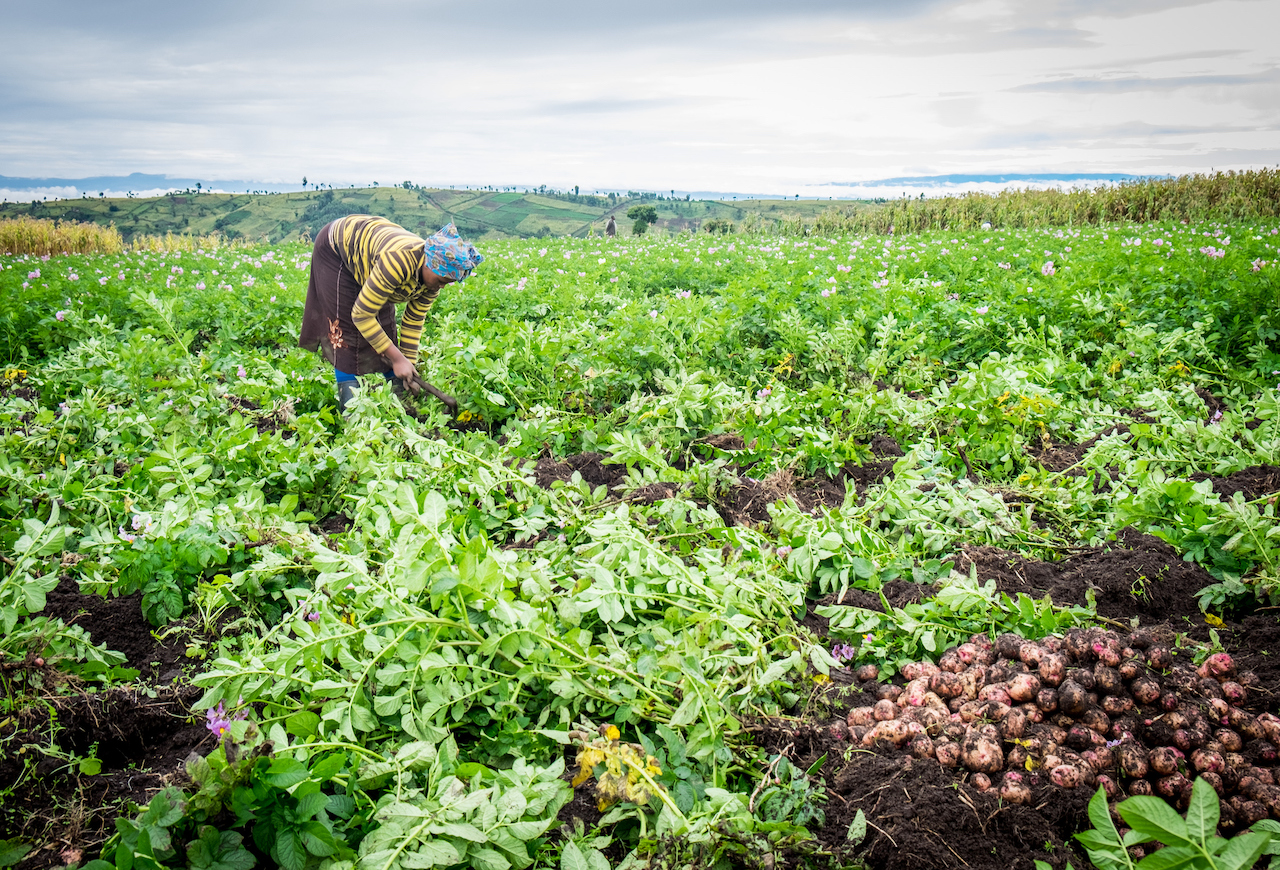The inaugural World Bank-hosted funding from the Global Agriculture and Food Security Program is set to unlock $200m in lending for smallholder farmers across five African countries to help bolster food security and resilience to climate change.

The African Development Bank Group (AfDB) has received $14m (€12m) funding from the Global Agriculture and Food Security Program’s (GAFSP) new Business Investment Financing Track (BIFT). The initiative, hosted by the World Bank, aims to catalyse private-sector investment in smallholder agriculture and is expected to unlock over $200m in commercial lending for smallholder farmers and agribusinesses across Ethiopia, Uganda, Tanzania, Malawi, and Zambia.
The funding is expected to benefit 1.5 million smallholder farmers and 500 intermediary agro-dealers and cooperatives.
Out of the total funding, the first allocation will go towards the establishment of the Agro Inputs Risk Sharing Facility (ARSF) with a $10m tranche of de-risking capital from BIFT, and up to $4m in grant resources for technical assistance.
“This first allocation demonstrates the appetite for funders to work together in this new model to solve an age-old challenge of finance for smallholder farmers: risk,” said Natasha Hayward, program manager for the Global Agriculture and Food Security Program.
Launched in 2024 as the program’s second-generation private sector financing window, BIFT blends GAFSP grants and concessional finance with financing from multilateral development banks to catalyse private sector financing.
“By blending GAFSP donor funds with multilateral development and commercial finance, every program dollar will leverage many more in private investment, multiplying the positive impact on food security and resilience to rising temperatures and unpredictable weather patterns,” added Hayward.
Food security
The funding, which has been administered by the African Trade & Investment Development Insurance, will provide guarantees to financial institutions, encouraging local banks to lend to small and medium-sized agro-input suppliers traditionally seen as too risky.
This first allocation aligns with Africa’s own commitments to food systems transformation, including the Comprehensive Africa Agriculture Development Programme and the Kampala Declaration on Accelerating the Implementation of Africa’s Food Systems Transformation, adopted by African heads of state early this year.
Future phases are expected to fund additional low-income countries, with the aim of unlocking further private investment to advance food security and climate resilience across the continent.
“By targeting agro-input dealers and smallholder farmers, this facility intends to strengthen the entire value chain, from input supply to market access, building food systems able to withstand market shocks, including and especially environmental pressures. With the establishment of the Agro Inputs Risk Sharing Facility, we are planting the seeds of a more food secure Africa,” said Philip Boahen, lead for partnerships and coordination at African Development Bank Group.






